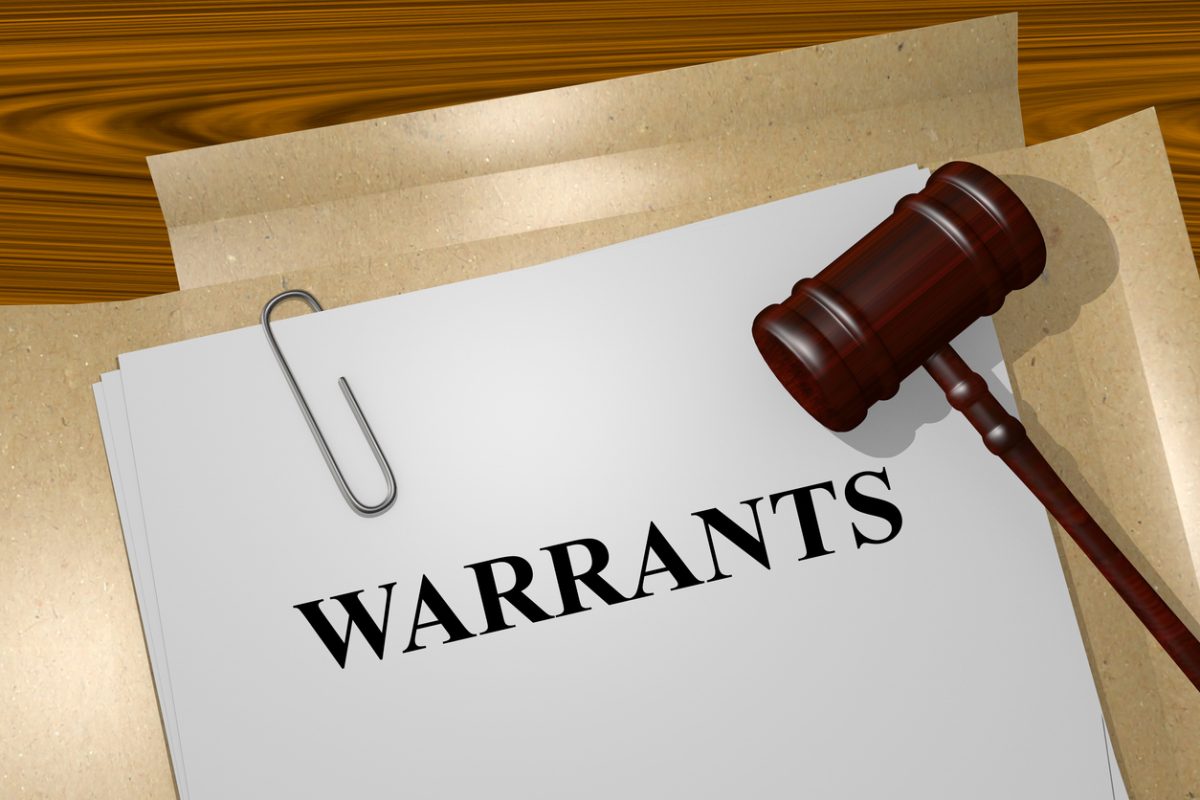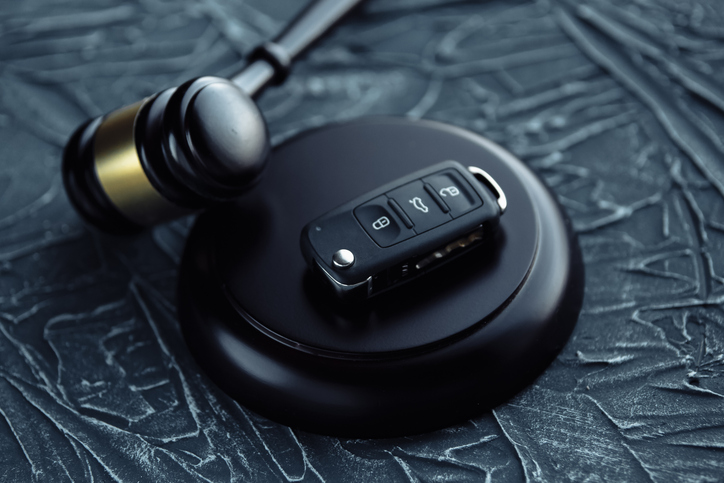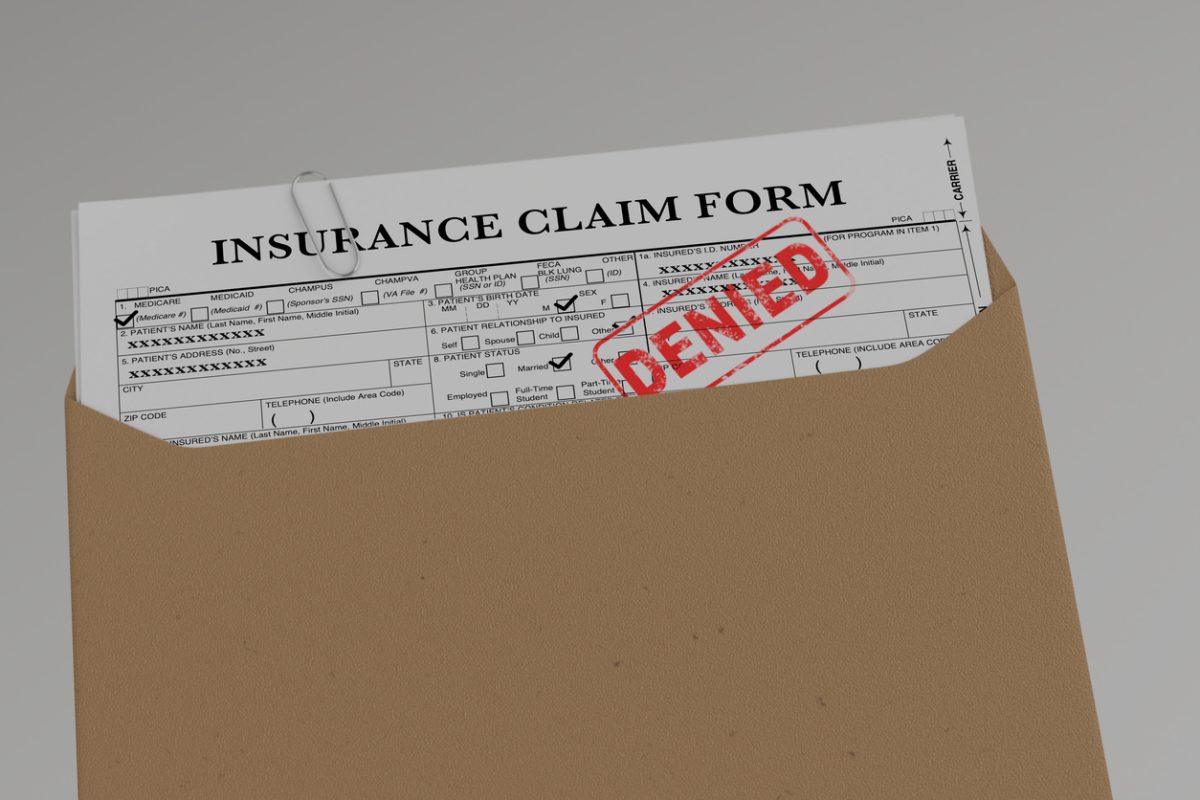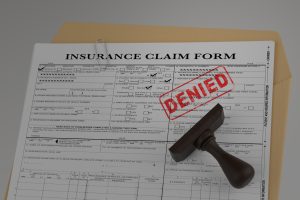Navigating the intricacies of the legal system requires clarity—especially when it comes to conducting a Maryland and DC arrest warrant check. For individuals residing in or moving between Maryland and Washington, D.C., it’s essential to understand what type of warrant may exist against them and what legal consequences might follow. The most common types are bench warrants and arrest warrants. While both lead to potential detainment, the triggers and legal paths they follow are significantly different.
Many people remain unaware of how a Maryland and DC arrest warrant check can reveal not just an active warrant, but also how long it has been in place, who issued it, and whether it stems from civil or criminal proceedings. Understanding the distinction between bench warrants and arrest warrants can make the difference between being prepared or being unexpectedly detained by law enforcement.
In this comprehensive breakdown, we explore the differences, legal implications, and procedures involved in checking for active warrants in both jurisdictions—Maryland and the District of Columbia. Along the way, we’ll also highlight how each jurisdiction processes these legal directives and what you should expect if your name appears on one.
What Is a Maryland and DC Arrest Warrant Check?
A Maryland and DC arrest warrant check refers to the process of identifying whether an individual has an active warrant for their arrest in either jurisdiction. While many people think this involves going to a police station or court clerk’s office, there are also online and formal legal channels through which this information can be accessed. The warrant type—whether a bench or arrest warrant—will dictate the legal urgency and next steps.
Both jurisdictions have made it somewhat easier for individuals to conduct these checks through official records or by consulting legal databases. However, understanding what the warrant actually means is vital. An arrest warrant typically stems from criminal investigations, while a bench warrant is often triggered by procedural failures such as missing a court date.
Conducting a Maryland and DC arrest warrant check is an essential first step if you suspect you may be listed for legal detainment or are facing unresolved legal issues.
Arrest Warrants in Maryland and D.C.: Legal Purpose and Process
An arrest warrant is a legal document issued by a judge or magistrate that authorizes law enforcement to detain an individual suspected of committing a crime. In both Maryland and Washington, D.C., these warrants are most commonly issued after evidence has been presented to a court showing probable cause. This process generally involves input from a law enforcement agency or prosecutor.
If a Maryland and DC arrest warrant check reveals that an arrest warrant has been issued, it means law enforcement officers have the legal authority to locate and detain the named individual at any time. Arrest warrants are usually issued for more serious offenses, such as theft, assault, or drug crimes.
In Maryland, arrest warrants are often tracked through the Maryland Judiciary Case Search. D.C., meanwhile, operates under its own system and may require individuals to check through the Metropolitan Police Department or Superior Court records.
The issuance of an arrest warrant does not necessarily mean guilt. It means that sufficient cause has been found to investigate further by detaining the individual. This legal step is part of the broader criminal procedure, and being proactive once discovered during a Maryland and DC arrest warrant check can help avoid escalated consequences.

Bench Warrants: Common Yet Misunderstood Legal Triggers
Bench warrants may sound less severe than arrest warrants, but their impact can be just as disruptive. A bench warrant is issued directly by a judge—typically from the courtroom bench—when an individual fails to appear for a scheduled court hearing or disobeys a court order.
If your Maryland and DC arrest warrant check shows a bench warrant, it’s typically because of a procedural violation rather than a new criminal charge. For instance, missing a traffic court date, failing to pay fines, or not completing mandated classes can all lead to the issuance of a bench warrant.
In both Maryland and Washington, D.C., bench warrants often fly under the radar until they become unavoidable—often during a routine traffic stop. The person may be arrested on the spot, even if the underlying offense was relatively minor.
Unlike arrest warrants, bench warrants are not always associated with a police investigation. However, the enforcement mechanism is similar: you can be arrested and brought before the court. This makes conducting a Maryland and DC arrest warrant check critical, especially if you’ve been involved in any court proceedings recently.
Consequences of Ignoring a Warrant in Maryland or D.C.
Once a warrant—whether bench or arrest—is issued, the consequences begin compounding. Ignoring it only heightens the legal risk. In both jurisdictions, failing to respond appropriately can lead to automatic license suspension, added fines, and additional criminal charges.
If your Maryland and DC arrest warrant check returns a match and you take no action, you may be detained at your home, place of work, or during routine law enforcement interactions. Worse still, a delay in resolving the issue may be interpreted by courts as an attempt to evade justice, negatively impacting any future legal defense.
It is worth noting that in D.C., especially, law enforcement can serve warrants across city lines given the compact size of the District and its shared federal presence. Maryland, while more geographically expansive, follows similar protocols via its law enforcement networks. Once on record, a warrant remains active until resolved in court.
How to Address a Warrant Once Identified
If a Maryland and DC arrest warrant check indicates an outstanding warrant, immediate action is necessary. This does not mean you should surrender blindly; it means you should fully understand the nature of the warrant and explore your options before any interaction with law enforcement.
Bench warrants often allow individuals to clear the matter through a scheduled court appearance or by paying outstanding fees. Arrest warrants, on the other hand, typically require either turning oneself in or securing legal representation before doing so.
Some warrants allow for scheduled “walk-ins” at the court, while others demand full arrest and booking. Regardless of the type, acknowledging the warrant and taking steps to resolve it can help prevent embarrassing or damaging public encounters with law enforcement.
Refer to this legal resource on how to find out if you have a warrant for your arrest in Maryland or Washington DC for a detailed breakdown of the available procedures.

Jurisdictional Differences in Warrant Enforcement
While Maryland and D.C. share close proximity, their legal systems operate under different rules and administrative processes. Maryland functions under state law, with county-specific law enforcement agencies and court systems. D.C., on the other hand, is a federal district, meaning many of its legal and enforcement functions operate under federal oversight.
This jurisdictional split can influence how a warrant is processed, how soon law enforcement acts, and what legal remedies may be available to the individual. When performing a Maryland and DC arrest warrant check, being aware of these jurisdictional nuances helps prepare for appropriate next steps.
For example, a bench warrant in Prince George’s County might require appearance in Upper Marlboro court, while a similar warrant in D.C. could fall under the jurisdiction of the Superior Court or even federal authorities.
Why a Maryland and DC Arrest Warrant Check Should Be Done Periodically
There are many instances where individuals are unaware they’ve triggered a warrant. Clerical errors, missed mail notifications, or confusion over court dates can all lead to unintentional warrant issuance. For those living or working in both jurisdictions, running a Maryland and DC arrest warrant check periodically ensures you remain in compliance with court expectations and avoid surprise legal consequences.
Routine checks are particularly important for those involved in ongoing legal proceedings, such as probation, custody hearings, or traffic disputes. Being proactive not only helps avoid arrest but may also reflect positively if future legal matters arise.
Legal Terminology to Understand During a Warrant Check
While performing a Maryland and DC arrest warrant check, understanding a few key legal terms can provide better clarity:
- Probable Cause: The legal standard by which police obtain arrest warrants.
- Contempt of Court: A common reason behind bench warrants.
- Extradition: Possible in severe cases if the warrant is enforced outside the originating jurisdiction.
- FTA (Failure to Appear): Frequently associated with bench warrants, leading to automatic issuance.
These terms frequently appear in court records or warrant databases, and understanding them helps contextualize the reason and severity of a warrant.

External Legal Databases and Government Sources
For those who want to verify directly, Maryland’s Maryland Judiciary Case Search portal provides public access to many warrant-related records. Washington D.C. residents can explore options via the Superior Court or the D.C. Department of Corrections.
Using such official portals not only confirms the presence of a warrant but may also provide details such as docket number, court location, or next steps required. Any comprehensive Maryland and DC arrest warrant check should include these platforms to ensure accuracy.
Final Thoughts on Handling Warrant Situations in Maryland and Washington D.C.
Whether facing a bench warrant for a missed court date or an arrest warrant tied to a criminal investigation, taking timely action can significantly reduce the long-term impact. Understanding how a Maryland and DC arrest warrant check works, and what it reveals, is your first layer of protection in the complex legal web of both jurisdictions.
Acting promptly, staying informed about jurisdiction-specific procedures, and utilizing government databases will help you stay ahead of potentially damaging situations. The risk of ignoring an active warrant is far greater than facing it head-on with the right information and preparation.

DUI Checkpoints and Related Arrest Risks in Washington, D.C.
Even if your Maryland and DC arrest warrant check comes back clear, it’s essential to remain aware of the broader legal risks you might face in either jurisdiction. In Washington, D.C., for example, DUI checkpoints are common and may result in unrelated warrant discoveries during routine ID checks. If you’re interested in knowing your legal standing during such stops, visit this comprehensive guide on DUI checkpoints in Washington DC and what your rights are to prepare accordingly.
























